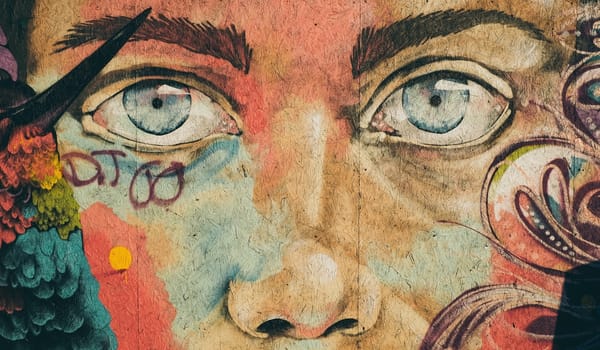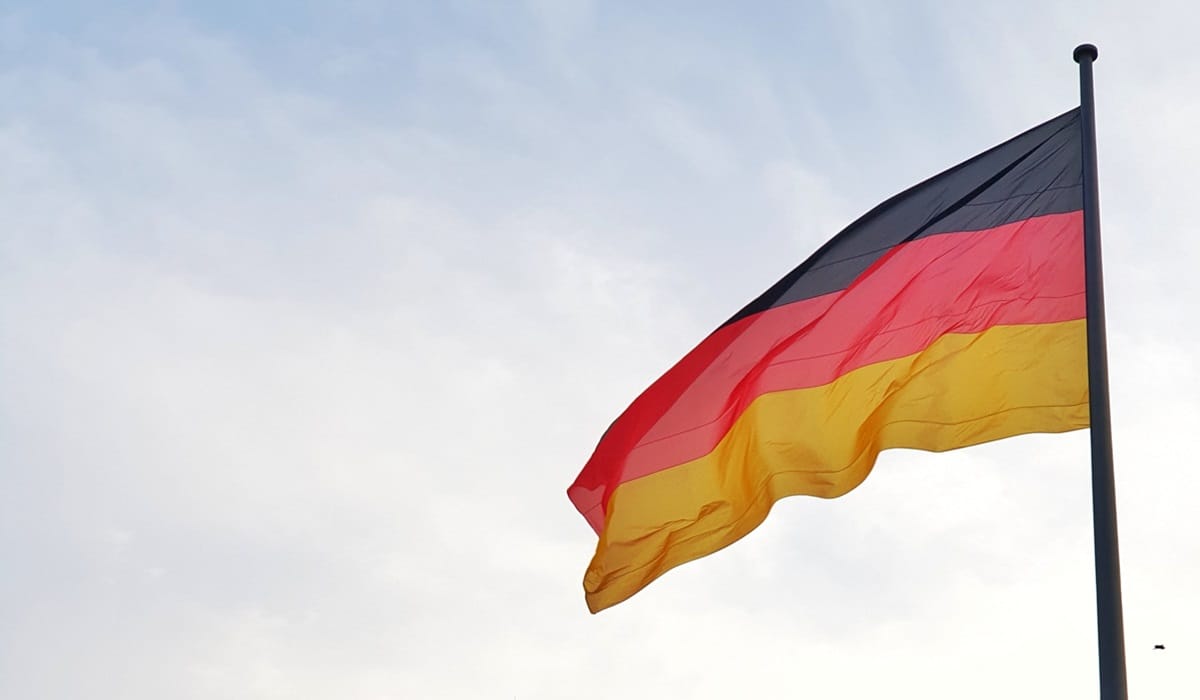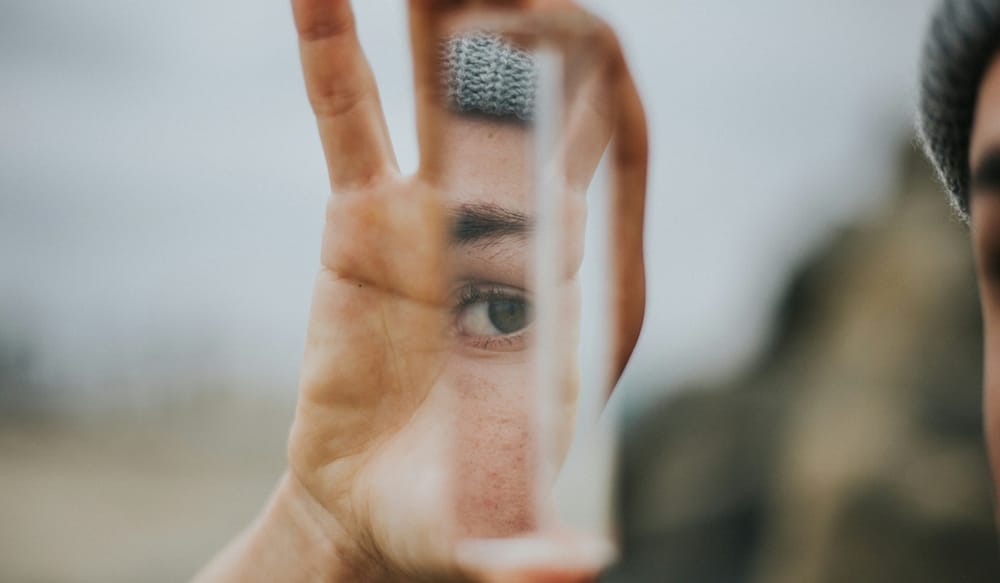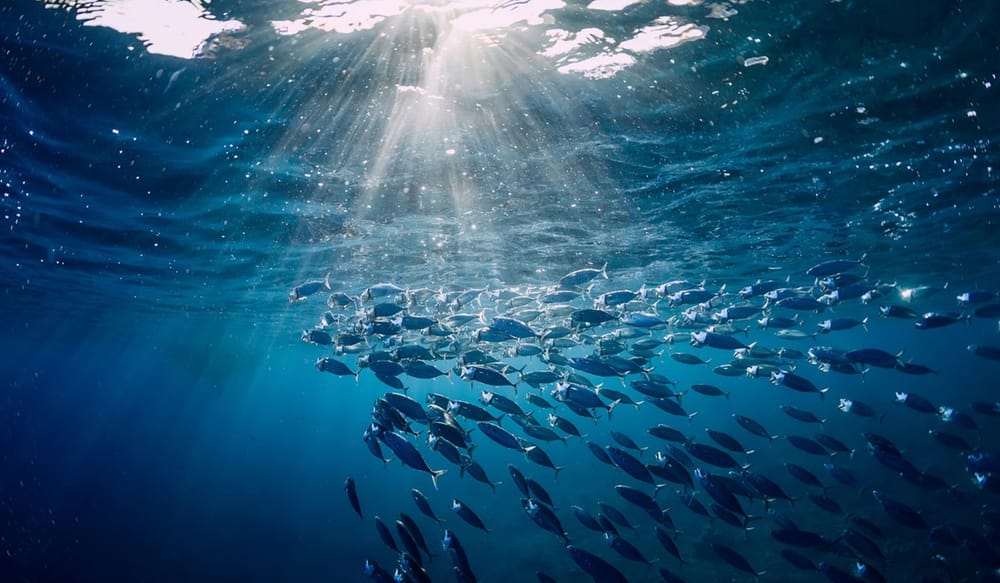
Good news for humankind!
The world's latest milestones for climate, justice, peace, health, and more
January 1 - 7 2024 C.E.
Germany reports lowest carbon emissions since the 1950s
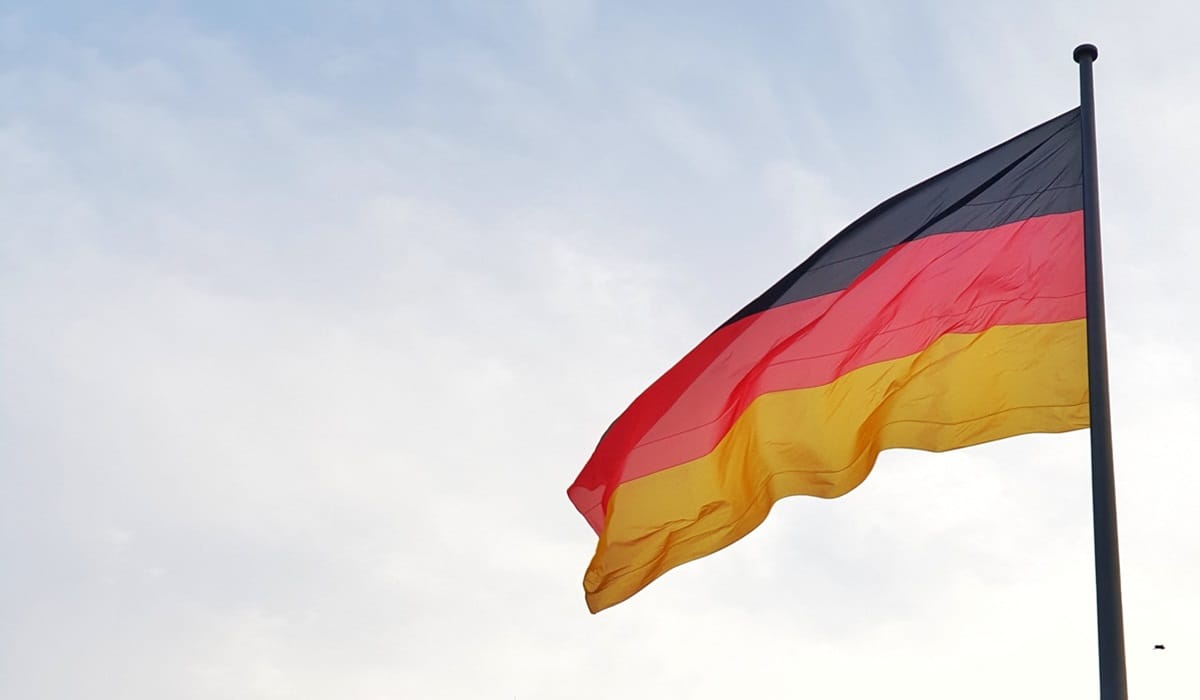
In 2023, GHG emissions in Germany fell to 673 million tons of carbon dioxide equivalent, according to Agora Energiewende. That is down 46% compared to the reference year of 1990 and the lowest level since the 1950s. At the same time, carbon emissions were about 49 million tons below the German national target of 722 million tons as specified by Germany’s Climate Protection Act and 73 million tons lower than the prior year.
Homicides in the U.S. see historic decline in 2023
Murders are down 12.8% over last year across more than 175 cities, according to criminal justice data analyzed by firm AH Datalytics. The findings come as a recent Gallup poll shows that more than 77% of Americans believe that there is more crime than there was a year ago.
Same-sex couples can now get married in Estonia
Starting this week, same-sex couples can get married in Estonia, making it the first former Soviet nation to legalize marriage equality. Legislation for marriage equality passed the Baltic state’s parliament with a vote of 55 to 34 last June.
Australian scientists regenerate diabetics’ damaged cells to produce insulin
For many years, research has focused on identifying novel therapies that stimulate beta-cell growth and function to restore insulin production in type 1 diabetics. Now, researchers at the Baker Heart and Diabetes Institute in Melbourne have brought us a step closer to making this a reality, regenerating damaged pancreatic cells so they can produce insulin and functionally respond to blood glucose levels. The novel therapeutic approach has the potential to become the first disease-modifying treatment for type 1 diabetes.
Offshore wind sites are delivering power to the grid for the first time in U.S. history
In December 2023, Danish wind energy developer Ørsted and the utility Eversource announced that their first turbine was sending electricity from what will be a 12-turbine wind farm, South Fork Wind, 35 miles east of Montauk Point, New York. Now, the joint owners of the Vineyard Wind project have announced the first electricity from one turbine at what will be a 62-turbine wind farm 15 miles off the coast of Massachusetts.
mRNA skin cancer therapy halves risk of death in clinical trial
Following promising results from this recent trail, the combination of Moderna's new mRNA-4157 and KEYTRUDA has been granted Breakthrough Therapy Designation by the FDA in the U.S., and accepted into the Priority Medicines scheme by the European Medicines Agency, for the treatment of high-risk melanoma.
Denver meets goal of housing 1000 unhoused people before 2024
With the opening of a new micro-community in northeast Denver, Mayor Mike Johnston estimated over 1,100 hundred people will have been housed before the end of 2023. "As of yesterday, this city succeeded, in under six months, in moving more than 1,000 people off of the streets and into housing," he said.
Road traffic deaths have fallen significantly across the globe since 2010
The new 2023 World Health Organization report on road safety shows that, since 2010, road traffic deaths have fallen by 5%—and that would translate into a 16% drop if the rise in global population was accounted for. 108 countries reported a drop in road traffic-related deaths between 2010 and 2021. Ten countries succeeded in reducing road traffic deaths by over 50%.
South Korea to require producers of organic waste resources to make biogas
According to the East Asian nation's Environment Ministry’s new biogas law, public and private industries that generate organic waste such as livestock manure and food waste will now be required to produce them in the form of biogas. Biogas is a gaseous renewable energy source produced from raw materials such as agricultural waste, plant material and manure and can be used in vehicles that operate on natural gas.
MIT scientists discover how to convert CO2 into powder that can be stored for decades
Researchers at the Massachusetts Institute of Technology exposed CO2 to catalysts and then electrolysis that turns the gas into a powder called sodium formate, which can be safely stored for decades. The breakthrough follows an almost century-long effort to turn CO2 into a cheap, clean fuel. Researchers have previously turned CO2 into fuels that required too much energy to make or were difficult to store long-term.
The Timeline
Remembering our past moments of genius.
Imagining what we might create.
Humans use ovens to cook meat possibly for first time in modern-day Czech Republic (~29,000 B.C.E. ???)
Many scientists believe cooked meat, and cooked food generally, played a pivotal role in early humans' survival and success. Cooking not only gave early humans the energy they needed to build bigger brains but also helped them get more calories from food so that they could gain weight.
NBC News 2009 news article "Mammoths roasted in prehistoric barbecue pit"
Global meat consumption begins to decline for the first time in modern history (2052 C.E. ???)
Between the 1970s and 2020s, global meat production more than tripled, making it one of the most significant contributors to the climate crisis. However, in this imagined milestone, conscious consumers worldwide mindful of the environmental, health, and animal rights implications of their eating habits finally succeed in reversing this centuries-long trend.
The Atlantic's 2018 article "Will We Ever Stop Eating Animal Meat?"
Archive of Human Genius
These milestones have been added to our database of social change milestones – past, present & future. Filter by topic, country, era, and more.
Explore the Archive.
There is no should
Have you been "shoulding" all over yourself? Do you believe you are "supposed to" do X, Y, and Z in order to be successful or good?
Most of us do.
These shoulds can come from a religious viewpoint where there is the right way and sinful way decreed by God. They can come from modern societal norms and expectations. And they can even come from our own self-imposed rules and restrictions. Regardless, they so often result in us spending our lives doing what we feel obligated in some way to do, rather than what we feel called from some place deep within us to do. We live someone else's version of goodness, truth, beauty, and wisdom and forsake our own. Sometimes, we don't even realize that we can have our own.
Here's my truth: There is no should. There is nothing you are supposed to do or be. There is no way the world is supposed to be. If there is a God, there is no specific way he/she/they/it wants you to be. God wants you to be you. All these shoulds we impose on ourselves are not the cold, hard, objective truth of the universe as we often imagine. They are simply constructs of our own minds, prisons of our own making that we could simply walk away from if we chose.
Personally, I often find myself thinking I should be kinder. I should be more mindful. I should be more patient.
And when I really think about it I find there is actually quite a bit of overlap between my shoulds and what I genuinely want and feel called to do. I do want to be kinder, more mindful, and more patient. And yet, these aspirations can be so much more liberating, joyful, and easeful than I've made them in the past. When they are a should, I often resist them, even resent them. But when I can recognize them as genuine callings rather than impositions, they transform. They become a part of my authentic purpose; a part of what I'm here to do; a part of what makes my life beautiful, meaningful, and fulfilling.
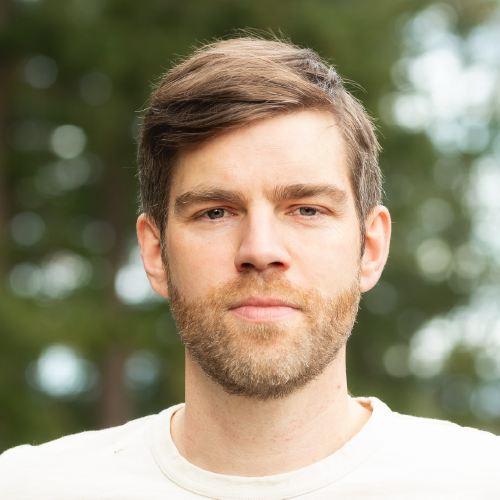
Peter Schulte
Life & Career Coach
Founder & Executive Director, Spark of Genius
he/they
1 on 1 Coaching
I help people who feel burned out, overwhelmed, lost, jaded, or hopeless cultivate a deeper sense of peace, clarity, and purpose. Your first session is free!
Learn more.Hope you have a beautiful week. ❤


